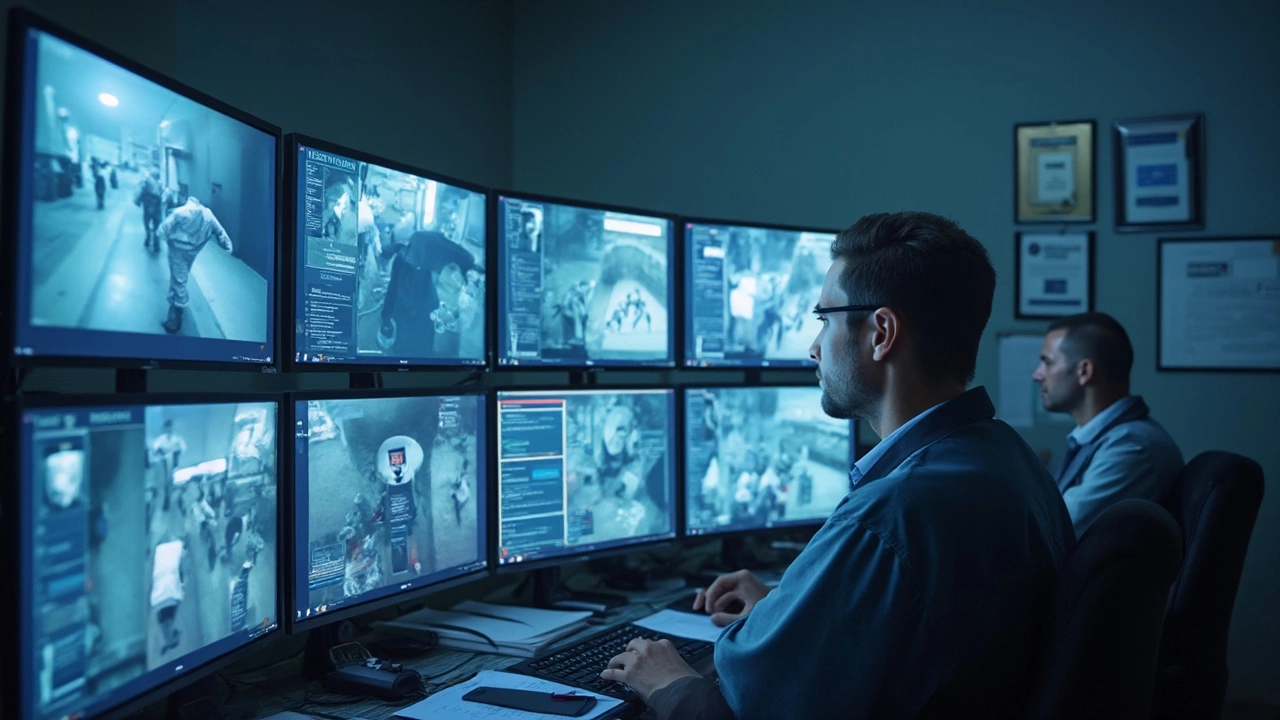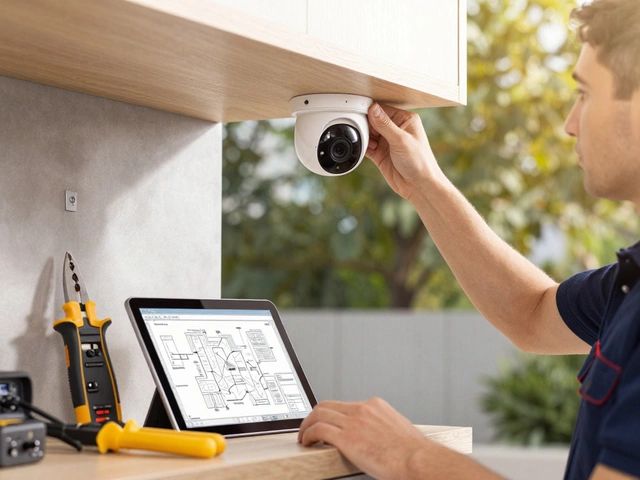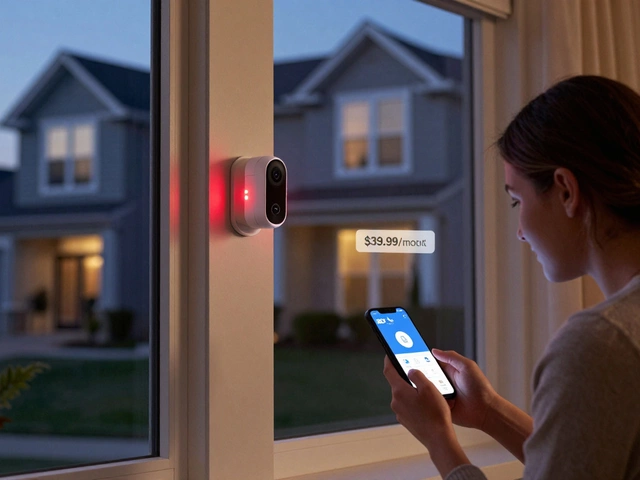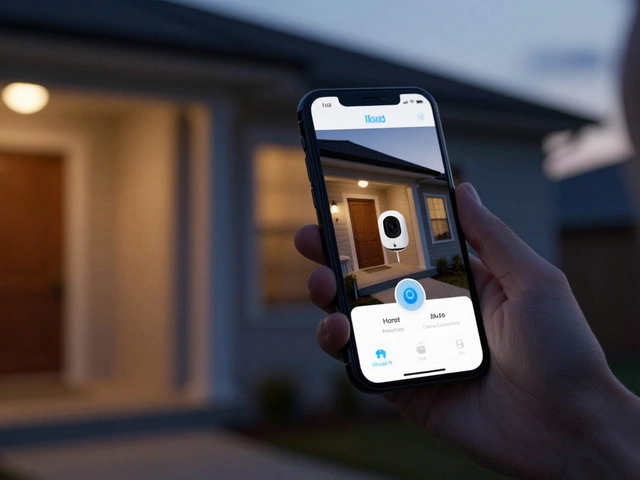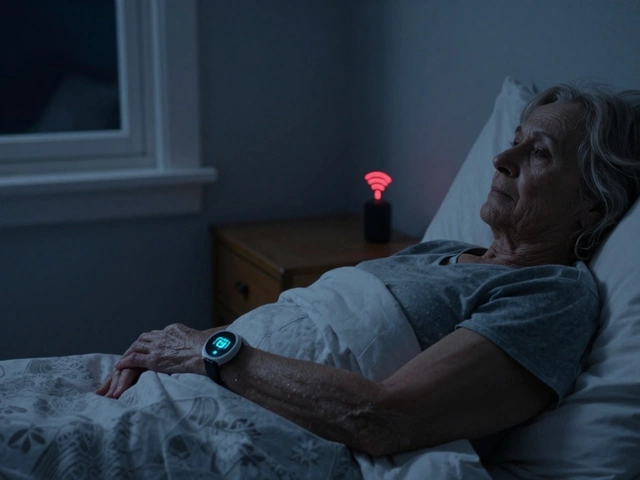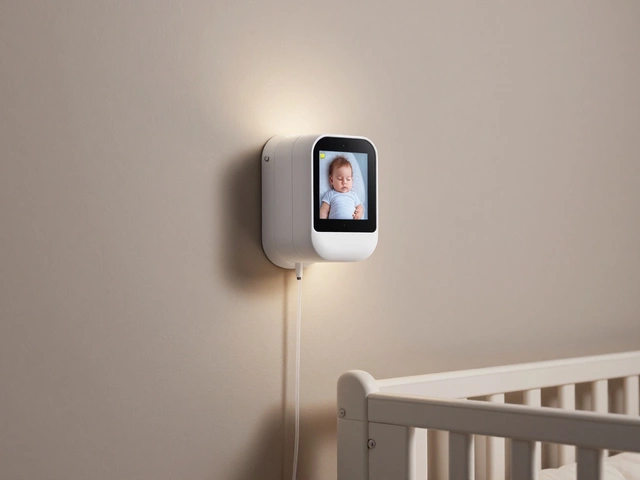Ever wondered what it takes to keep an eye on the world through those watchful eyes in the sky? We're diving into the nitty-gritty of what makes a CCTV operator effective. And spoiler alert: it's not just about staring at screens all day.
To get started, you need a blend of technical skills and sharp instincts. Basic IT knowledge is crucial because you'll be dealing with software to monitor different camera feeds. Plus, problem-solving skills can be your best friend when troubleshooting system malfunctions.
What about certifications? They're a must-have. In New Zealand, the NZQA offers courses specifically tailored for aspiring CCTV operators. Enrolling in security training programs not only boosts your credentials but prepares you for real-world scenarios. Getting certified generally requires passing a security check, since you'll be handling sensitive information.
Essential Skills
So, what exactly do you need in your skill set to become a top-notch CCTV operator? It goes beyond having a keen eye. We're talking a blend of tech know-how and people smarts.
Technical Proficiency
First off, technical skills are a game-changer. You've got to be comfortable around computer systems. Knowing the ins and outs of IT basics helps when you're operating different software that runs the camera feeds. This tech-savvy trait is what sets you apart in spotting issues faster.
Familiarity with video surveillance systems and digital recorders is a big plus. If something goes South, being able to troubleshoot without breaking a sweat is crucial. You might deal with IP cameras, and understanding their configurations can save the day.
Observation and Attention to Detail
You’ve got to channel your inner detective. Observation skills and keen attention to detail are non-negotiable. Whether it’s identifying a potential threat or analyzing footage for investigations, every little detail counts. Sharp instincts help you notice suspicious behavior and act swiftly.
Communication Skills
Guess what? You also need to talk the talk. Communication skills can make a big difference. Whether it's coordinating with a team or reporting incidents, being clear and concise is key. And hey, with great communication comes great coordination, ensuring the security team acts as a cohesive unit.
Adaptability and Quick Thinking
The ability to adapt is super handy. Things can change at the drop of a hat, so you should be ready to think on your feet. Quick decision-making can be the difference-maker during high-pressure situations.
These skills don't just help you in your daily duties. They significantly impact the effectiveness of a security setup, ultimately influencing the overall CCTV installation cost by optimizing operations and minimizing errors. Think of them as your secret weapons for success in the realm of surveillance!
Mandatory Certifications
Getting certified is a big part of becoming a successful CCTV operator. Why? Because it ensures you know your stuff and can handle the sort of tasks you'll face daily. Let's break down what's needed.
Security License
In New Zealand, the first thing on your list should be a security license. This isn't a simple piece of paper; it shows that you've passed specific security checks and background verifications, proving you're trustworthy and ready to take on responsibility. This involves a look into your criminal history, and you might be surprised it’s required for all security personnel.
Formal Training Programs
Still with me? Good, because formal training is next. You need to enroll in courses that cover essential skills like situational awareness, equipment handling, and emergency procedures. The New Zealand Qualifications Authority (NZQA) offers courses designed specifically for this career path. They touch on everything from understanding CCTV systems to legal obligations related to privacy.
- Basic Security Training Course: A must for beginners. It covers the foundational knowledge needed for all security roles, including CCTV operation.
- Advanced CCTV Operational Techniques: This includes more detailed instructions on managing large systems and troubleshooting technical issues.
Continuous Learning
Once licensed and trained, keep learning. Technology evolves and so should you. Employers often look for candidates who actively seek additional certifications, showing commitment to their role and the industry.
| Certification | Duration (weeks) | Cost (NZD) |
|---|---|---|
| Basic Security Training | 4 | 500 |
| Advanced CCTV Techniques | 8 | 850 |
Being ready with the right qualifications not only makes you an attractive candidate but can also influence CCTV installation costs, as knowledgeable operators help in planning and maintaining efficient systems.
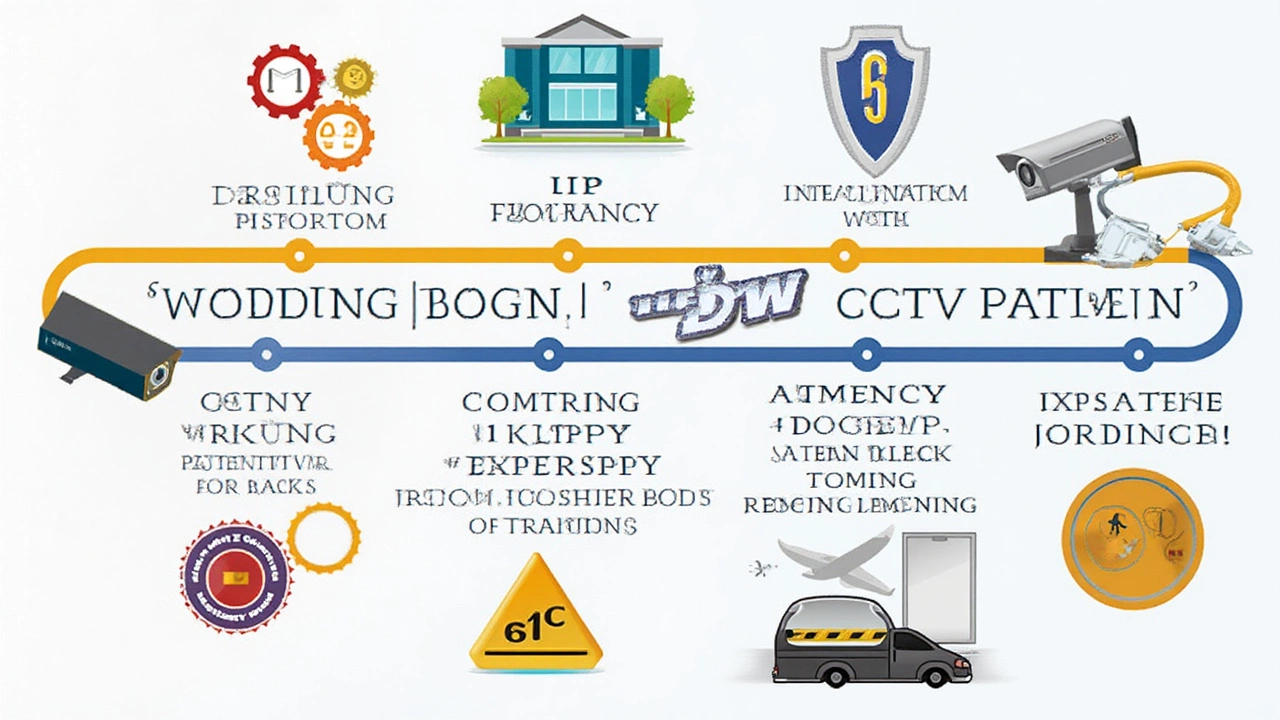
Training Programs
If you're aiming to become a CCTV operator, undergoing proper training is a game-changer. These programs not only equip you with technical know-how but also fine-tune those eagle eyes needed for effective surveillance.
The first step is often a foundation course in security and surveillance. In New Zealand, renowned institutions like the NZQA (New Zealand Qualifications Authority) offer specialized courses designed for security training. These courses cover a variety of topics, ranging from system installation to managing emergency situations.
Types of Programs Available
- Basic Surveillance Courses: Cover fundamentals of camera technology, ethical and legal aspects, and basic troubleshooting.
- Advanced Technical Training: Dive deeper into network and IP camera setup, software management, and advanced monitoring techniques.
- Emergency Protocol Workshops: Teach operators how to react in unpredictable security situations, a critical skill in today's world.
Many of these programs offer hands-on training with the latest surveillance technology. This is often combined with classroom instruction for a well-rounded experience. You'll learn how to use various monitoring software, a necessity in today’s digitally-driven landscapes. Plus, getting comfortable with tech jargon is a huge bonus!
Certification
Post-training, certification is crucial. A certified program ensures you’re not just learning textbook stuff but are ready for real-world challenges. These certifications add serious clout to your resume and open doors to career advancements.
Training programs have costs varying based on length and complexity. Investing in a good training program can also lead to cost savings during cctv installation, as a skilled operator can optimize camera placements and settings, minimizing potential future expenses.
In short, choosing the right training program is like picking the best soil for your career growth. With the right training, you end up being more than just a monitor watchdog; you become an invaluable part of a secure ecosystem.
Role in Installation Costs
The job of a CCTV operator isn't just about keeping an eye on security feeds. They play a surprising role in influencing cctv installation cost too! Ever wondered how? Let's break it down.
Firstly, experienced operators can provide invaluable insights during the planning stage. By understanding specific security needs, they can advise on the best camera setups, which can help prevent costly reconfigurations later on. If you install cameras correctly the first time, you avoid wasting money on adjustments and changes.
Moreover, operators familiar with the various types of equipment (like PTZ, dome, or bullet cameras) can recommend devices that offer the needed functionality without overspending. There's no one-size-fits-all, and the right choice can significantly affect the bottom line.
Streamlining Maintenance Costs
A capable CCTV operator can also help cut maintenance expenses. By spotting potential system flaws early, operators save money by addressing issues before they become bigger problems. Regular operator-led maintenance checks ensure the system works efficiently, reducing the likelihood of expensive repairs.
Data on Installation Costs
To give you an idea, here's a simplified table of estimated costs associated with different levels of CCTV installations in New Zealand:
| Installation Type | Estimated Cost (NZD) |
|---|---|
| Basic Home Setup | $500 - $1,500 |
| Medium Commercial Setup | $2,000 - $5,000 |
| Advanced Security System | $10,000+ |
As you can see, costs can vary widely, and having a knowledgeable CCTV operator to guide decisions can make all the difference. So next time you're budgeting for a security system, remember how much impact a well-trained operator can have on those figures.

